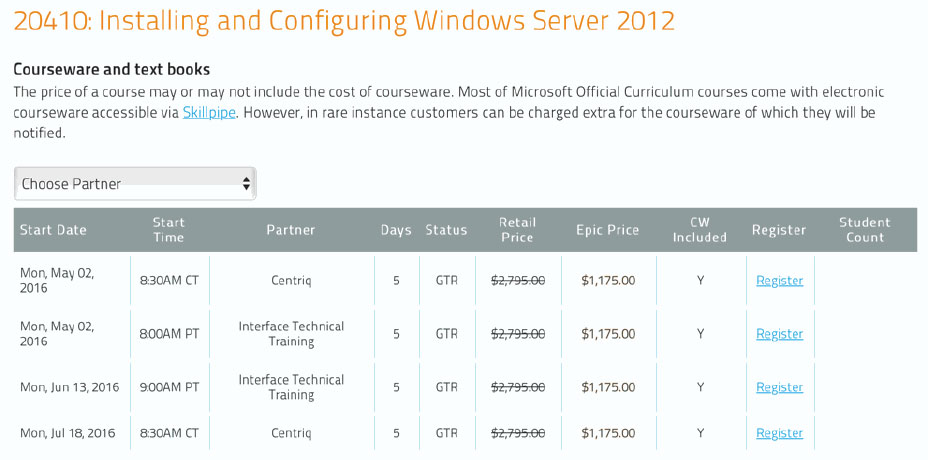AZD-BC: Azure Data Bootcamp
About this Course
During this class, students will acquire skills and knowledge related to data fundamentals & controls, processing & data transformation, and data services & related cloud features. In addition, the course will cover data modeling, data storage, data analysis, and visualization.
*The course is designed to cover content from DA-100T00, DP-200T01, and DP-201T01; however, DP-200T01 and DP-201T01 are retiring August 31st, 2021. They will be replaced by DP-203T00 and the outline will be updated accordingly.
Audience Profile
Azure data engineers are responsible for data-related implementation tasks that include provisioning data storage services, ingesting streaming & batch data, transforming data, implementing security requirements, implementing data retention policies, identifying performance bottlenecks, and accessing external data sources. In addition, a fundamental part of understanding this role is being responsible for the way the data services are presented in order to deliver the information.
At Course Completion
Outline
Module 1: Data Core Concepts and Fundamentals
Lessons
- Core Data Concepts
- Working with Relational and Non-Relational Data on Azure
- Analytics Workload on Azure
- Describing and Implementing Data Storage Solutions
Module 2: Managing and Developing Data Processing
Lessons
- Managing and Developing Data Processing
- Developing Batch Processing Solutions
- Developing Streaming Solutions
Module 3: Monitoring and Optimizing Data Solutions
Lessons
- Monitoring Data Storage
- Monitoring Data Processing
- Managing Datasets
Module 4: Modeling the Data
Lessons
- Getting, Leaning, Transforming, and Loading the Data from Different Data Sources
- Designing and Developing Data Models
- Creating Measures by Using DAX
- Optimizing Model Performance
Module 5: Visualizing and Optimizing Data Models
Lessons
- Creating Reports and Dashboards
- Enhancing Reports to Expose Insights
- Performing Advanced Analysis
Prerequisites
This is a level 200 course; students should be familiar with:
- Azure (ideally an Intermediate level)
- Basic Understanding of Data Stream
- On-Premises Data Repositories
- Understanding of Data Types
- Understanding of Relational and No-Relational databases

